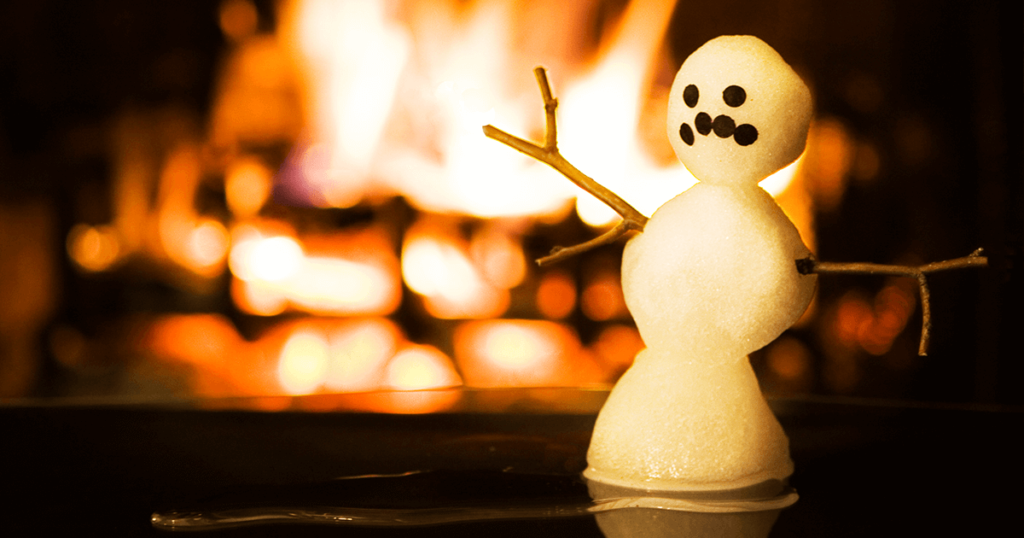
The fall term ends with Christmas, and in those last days just before vacation the children are beside themselves. The little ones can’t stop talking about the Three Kings, whom they believe in still. For the older children, it’s the excitement of the excitement all around them. They too can hardly wait. And for the slightly older ones, the 12- or 13-year-olds, it’s the relief of having finished their first term of middle school. For all of them, a two-week vacation is just ahead, and nobody expects or wants to study. A fair number of kids don’t even come the last week. For the ones who do, there are crossword puzzles, word searches, Christmas quizzes. They see again the Christmas vocabulary of the year before, learn again that stockings, not socks, are hung, that ornament and decoration are synonyms for the things you put on the tree, and that fireplace, not chimney, is actually a chimenea.
“Here,” I say, to a group of 10- and 11-year-olds, handing out a crossword puzzle to do in pairs. Four have come. They chatter happily as they do it. For the last 10 minutes of class, the puzzle done, the quizzes done, the songs sung, I propose a questionnaire to see who’s been naughty and who’s been nice.
But they have a better idea. “Simon Says!” they plead. Simon Says is always a hit. But these kids are too old; they need to not just recognize the language but produce it. “That won’t work for these words,” I say, pointing at the whiteboard. “I mean, really. Simon says be a bell?”
One little girl, a fifth grader, springs up, snaps her legs together for a clapper, holds her arms curved stiffly by her side, hands out like the lip of a bell, and sways at the hip from side to side.
“Simon says be a tree.”
The four children are on their feet, arms angled out, wrists turned so fingers point in, a solemn expression on their faces. I laugh at them.
“Simon says be a star!”
The children shoot their legs apart and shoot their arms out, heads high.
“Simon says be a snowman!”
They look at one another. But the fifth grader bends her fingers and twists them in the semblance of twigs and juts her arms out at odd angles. Her smile is a caricature of a smile. I look at her amazed. She’s a nervous child, talks to excess in class, drops things and makes a commotion, is pencil thin. Her written work is extremely slow. I’m often chiding her. But that day I wanted to hug her. “It’s a warm day, there’s the sun,” I say, and quickly draw one on the board. “Simon says melt!”
Her cheeks sag, her arms go limp, her legs bend, and she collapses. Then the other three collapse, too, four school kids on the floor.
“Be a fireplace!” I say, and all the children, the four of them, a happy hoard a minute earlier, stand jauntily looking at me. “A fireplace,” I repeat. “Be a fireplace!”
They are delighted that I try so hard to fool them. They shake their fingers at me. “No, no!” they say, and I tell them they are too good, though in truth I omitted “Simon says” because I thought a fireplace would stump them. You’ve all won, I told them. Opening the door for them, I wish them a wonderful, happy, Merry Christmas. My fifth grader shrugs on her coat. What a leggy little thing she is! She turns her knees out, bends her legs, squares her shoulders, hikes her arms and folds them to make a mantelpiece, which she holds until jostled by her classmates, pushing out the door.
I watched them go, just as ready as they for the vacation. Last week, when school started up, I was glad to see them again, though I was already thinking ahead to Easter, which marks the end of the second term. “Simon says be a bunny! Be an egg! Be a basket!” I can hardly wait.

